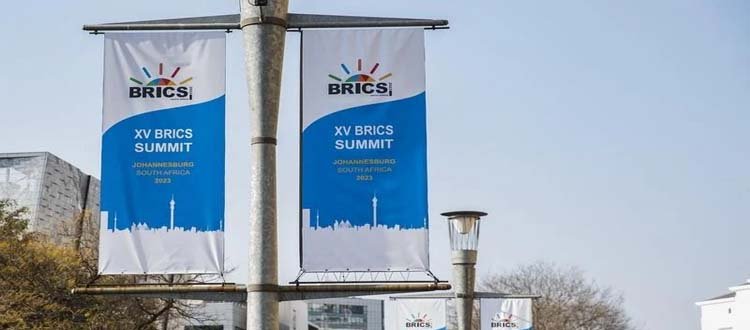As of January 1, 2024, Egypt, Iran, Saudi Arabia, and the UAE have officially joined the BRICS bloc.

This expansion, as I recently discussed with China Daily, not only diversifies economic outreach for these nations but also redefines energy market dynamics with major oil exporters teaming up with leading energy importers India and China. The inclusion of Middle Eastern powerhouses in BRICS paves the way for unprecedented opportunities in technology exchange, infrastructure development, and economic diversification, especially moving beyond oil-dependency for Saudi Arabia and the UAE. New BRICS members like Egypt, the UAE and Saudi Arabia will have a different approach to the New Development Bank (NDB), a multilateral development bank established by the BRICS countries and headquartered in Shanghai, China. For Egypt, the NDB will be an important source of funds whilst, for Saudi Arabia and the UAE, the NDB may offer scope for co-financing as well as greater market access within individual BRICS countries. On the geopolitical side, the enlarged group will continue to seek to reduce its dependency on the US dollar. This will serve to endorse a multipolar world in which the Global South plays a more central role thereby ushering in a new era of economic and geopolitical cooperation. How do you see this BRICS expansion affecting global markets and geopolitical alliances?
View Article Source